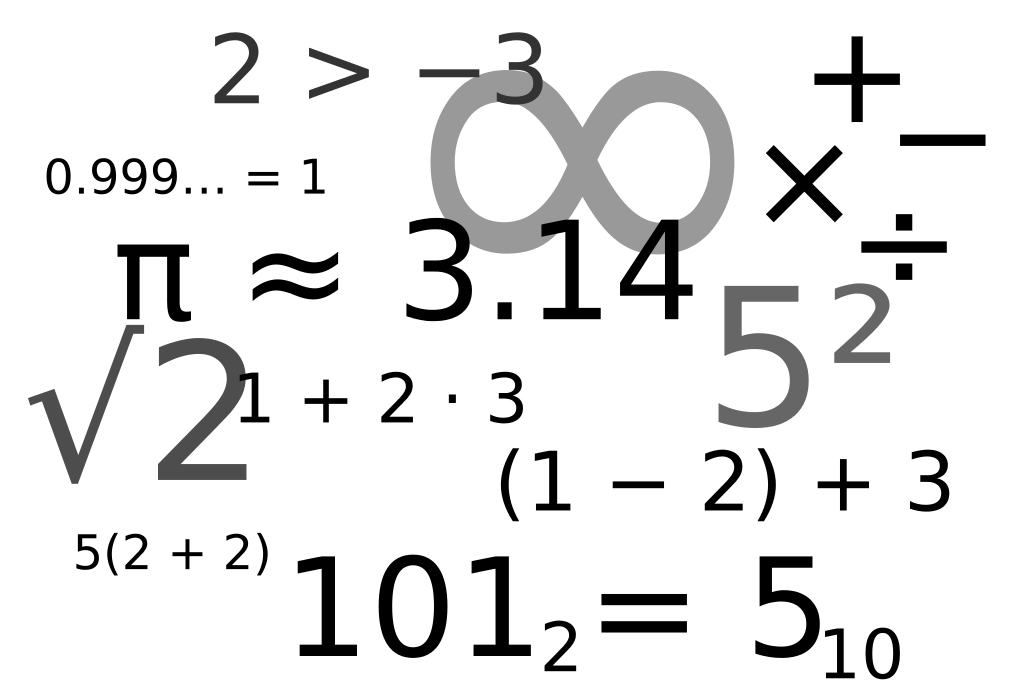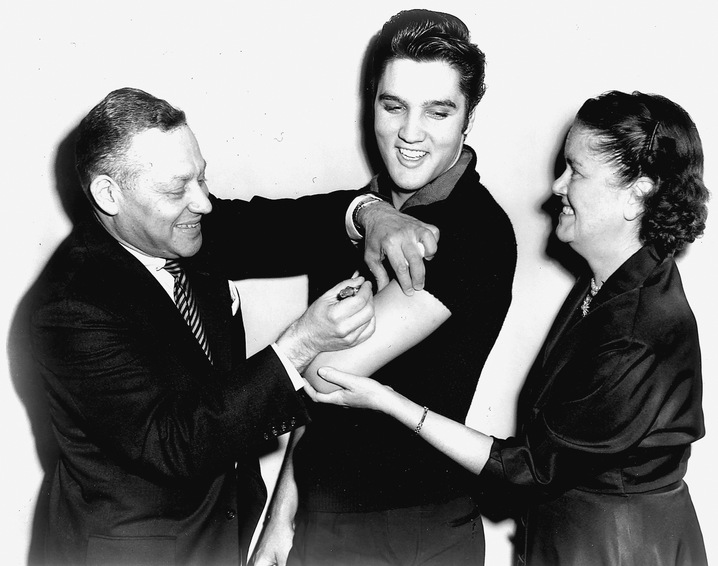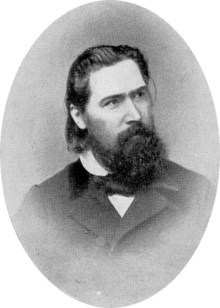I'm not suggesting here I might have written some work of art consisting largely of the word oooohhh interspersed with the odd clank, rattle and howl (though it'd probably work as a rock and roll chorus) but that I might have written a book designed to be published under the name of some celebrity.
The chief reason for this is, admittedly, that I've never been asked.
Would I do it if I was asked? It wouldn't be an easy decision. Being a ghostwriter would get me more readers, and I'd like to think those readers would end up with a better book than if it had been written by an amateur.
But it would mean I was a ghost, and ghosts, by the amount of time they spend wailing from inside the walls of houses in need of some renovation, don't have a lot of fun.
In any case, I have no intention of dying today, and I'd hate to think that I am a ghost of my former self: so I think I shall have to make do with practising a ghost of a smile.
I'll just have to hope I don't look as punchably smug as the Mona Lisa while I do it.

Thing To Be Today: a ghost. This word comes from the Old English gāst, and is related to the Sanskrit hēda, fury or anger.
















